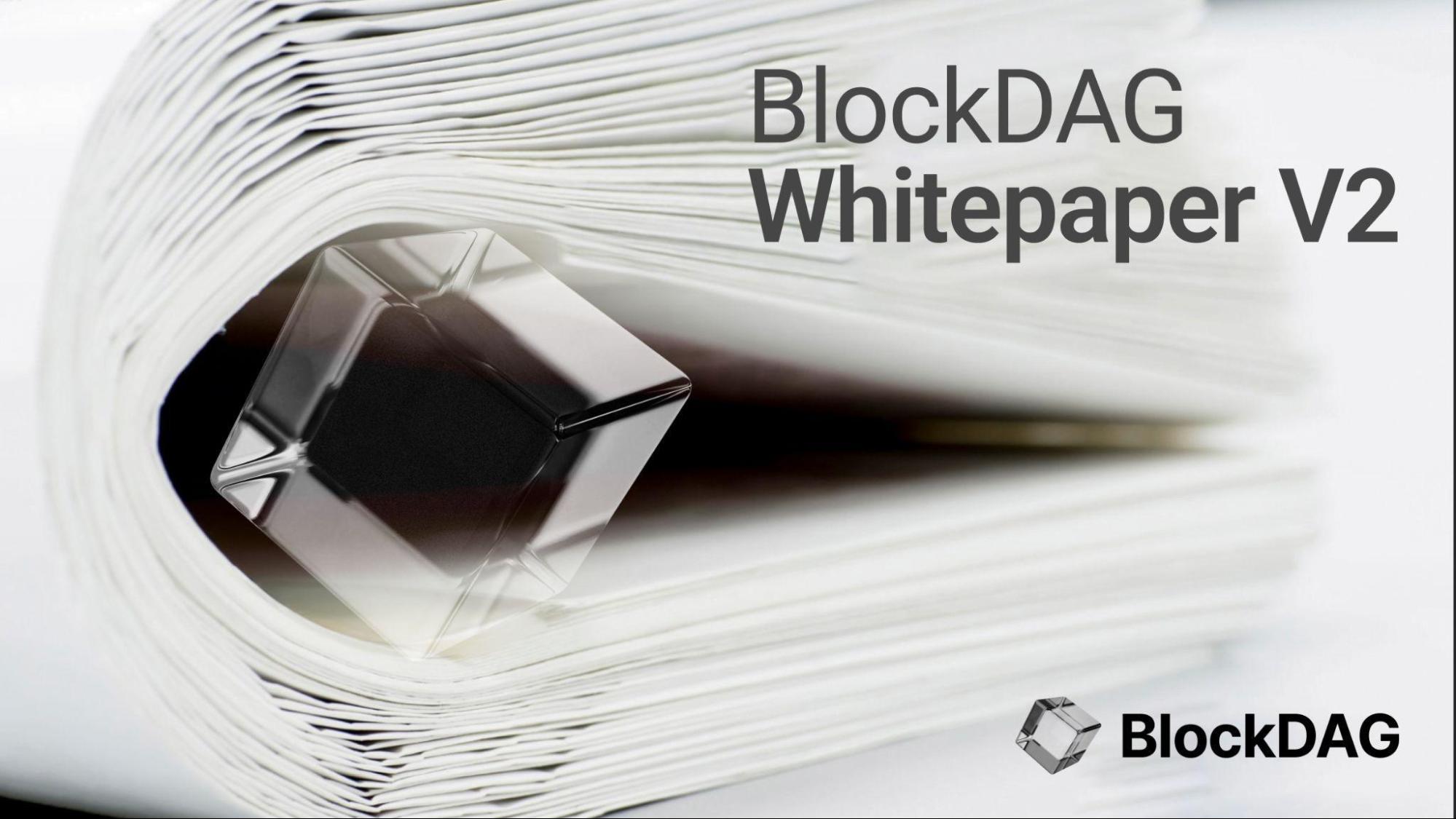DeFi Trader Faces Federal Prosecution for Alleged Fraud
In a contentious exchange of initial arguments presented before a Manhattan jury, federal prosecutors engaged with the defense team of Avraham Eisenberg, the cryptocurrency trader accused of defrauding Solana DeFi trading platform Mango Markets of over $100 million in 2022.
Legal Debate on the Nature of DeFi Exploits
The crux of the debate during the trial was not whether Eisenberg drained Mango Markets of its assets in 2022, as this fact remained undisputed. Rather, both sides concentrated on a more nuanced question: the applicability of current U.S. criminal statutes to risky DeFi exploits like the one allegedly orchestrated by Eisenberg.
Sanford Talkin, Eisenberg’s legal representative, contended that the prosecution would struggle to demonstrate that the assets involved in the Mango Markets incident constituted commodities or that Eisenberg engaged in commodity swaps. If these fundamental aspects are not proven by the prosecution, the charges of commodities fraud and manipulation leveled against Eisenberg could be deemed irrelevant to the case.
“They will try to tell you USDC is a commodity, even if MNGO is not. But it is not. Nor are these swaps. So, the government can’t even get out of the gate on the first two counts of this indictment,” Talkin asserted during the proceedings.
Prosecution’s Perspective on the Alleged Fraud
On the other hand, U.S. government attorneys sought to present Eisenberg’s actions as traditional fraud perpetrated within a contemporary, high-tech context. Tian Huang, a U.S. attorney, drew parallels between Eisenberg’s alleged scheme and a classic con involving the sale of a counterfeit diamond ring.
Both legal teams dedicated a significant portion of their presentations to simplifying the complexities of DeFi exploits for the jury, many of whom lacked specialized knowledge in the realm of cryptocurrency.
The Exploitative Strategy
In October 2022, Eisenberg purportedly executed a scheme wherein he sold substantial amounts of perpetual futures on MNGO, Mango Markets’ native token, to an affiliated account under his control. Subsequently, he purchased a significant volume of MNGO to artificially inflate its value. Eisenberg then leveraged his boosted MNGO perpetuals to borrow $110 million, effectively depleting Mango’s entire treasury and rendering the platform insolvent.
This exploitative maneuver, reminiscent of prohibited market manipulation practices in traditional finance, had severe repercussions for Mango Markets. Shortly after the transactions, Eisenberg publicly admitted his involvement but maintained that his actions were legally permissible under existing regulations, portraying them as a lucrative trading strategy.
Legal Ramifications and Additional Lawsuits
Apart from the charges brought forth by the Securities and Exchange Commission (SEC), Eisenberg is facing legal action from Mango Labs and the Commodity Futures Trading Commission (CFTC), each filing separate lawsuits against him.
Image/Photo credit: source url





